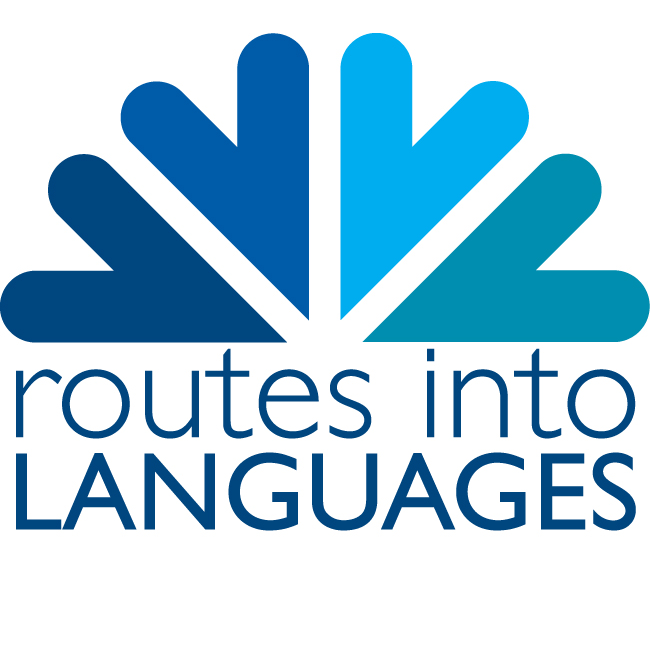Most websites use cookies in order to improve user experience by enabling the website to ‘remember’ the user, either for the duration of their visit (using a ‘session cookie’) or for repeat visits (using a ‘persistent cookie’).
Cookies are used by the University to collect information for the purposes of managing and improving the services on the University Network, establishing browsing actions and patterns and preparing customised pages. Staff and students at the Routes into Languages should be aware that some internal systems, e.g. Banner and My View require the use of cookies to function fully.
What is a cookie?
A cookie is a simple text file that is stored on a computer or mobile device by a website’s server and only that server will be able to retrieve or read the contents of that cookie. Each cookie is unique to a web browser. It will contain some anonymous information such as a unique identifier and the site name and some digits and numbers. It allows a website to remember things like user preferences.
Types of cookies used on Routes into Languages websites
Most cookies encountered when browsing the Routes into Languages web sites are considered 'third party' cookies. This simply means the web site has used a feature supplied by an external provider, such as Facebook or Google Maps which sets the cookie. Third party cookies are not inherently more or less risky than first party cookies. The only thing to bear in mind is that the external provider, not the Routes into Languages, determines what type of information is stored and how it is used.
The most common type of cookie used on our web site is set by Google Analytics, which provides anonymous statistical data to us to show usage trends and to aid in making decisions about what types of content are most popular.
Specific information about the cookies on Routes into Languages web sites are contained in our cookie register. In addition, some of our websites may carry cookies specific to that service. Information about these will be contained on the individual website.
What to do if you don’t want cookies to be set
In order to not receive cookies, you can modify the browser so that it notifies you when cookies are sent to it or you can refuse cookies altogether. You can also delete cookies that have already been set. Please note that disabling cookies can affect your online experience of the site.
You can restrict or block web browser cookies set on your device through editing your browser settings; the browser Help function gives full instructions. Alternatively, you can visit www.aboutcookies.org, which contains comprehensive information on how to do this on a wide variety of desktop browsers.

